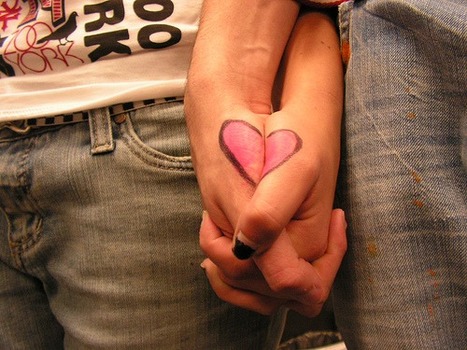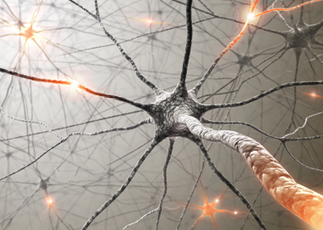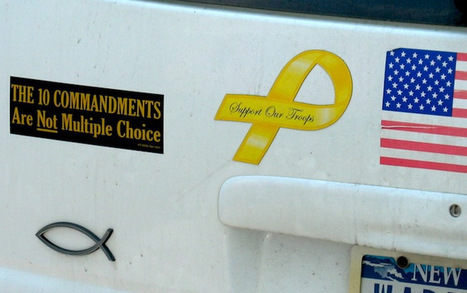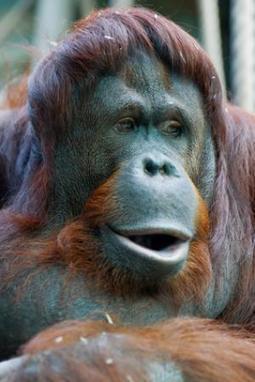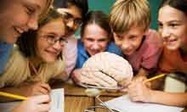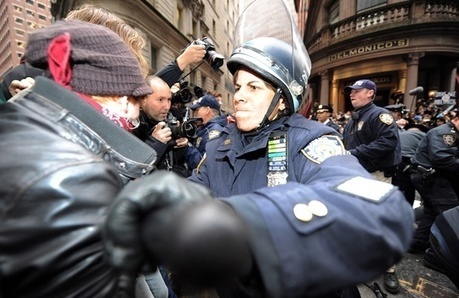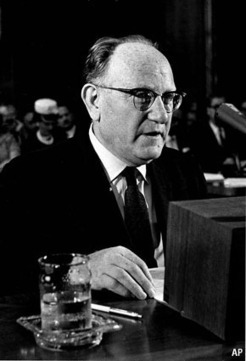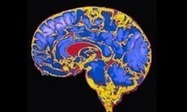 Your new post is loading...
 Your new post is loading...
Many of the brain areas implicated in the neuroimaging studies of love also light up during gambling tasks. Oxytocin, the so-called “cuddle chemical,” is measured almost as often in economic games as it is in pair-bonding studies. Both love and money offer the promise of great reward—but also the potential of overwhelming risks. Are the overlaps coincidence? Could making a decision to open your heart (or your bed) to another person be the same as deciding whether or not put $50 on black? It’s not hard to make an argument in either direction from a scientific perspective.
Trying to make a big decision while you’re also preparing for a scary presentation? You might want to hold off on that. Feeling stressed changes how people weigh risk and reward. A new article published in Current Directions in Psychological Science, a journal of the Association for Psychological Science, reviews how, under stress, people pay more attention to the upside of a possible outcome.
Humans are overconfident creatures, which boosts our persistence, ambition, and drive—but can also lead to disasters. We can make such false beliefs work to our benefit.
What are the consequences of having to justify one’s intuitive preferences before making a decision?
The trouble, says Kahneman, is that we're often confident in our intuitive judgments even when we have no idea what we're doing. And to make matters worse, we tend to evaluate the reliability of other people's decision making on the same basis - if they're confident, they must know what they're talking about.
You make decisions. How good you are at doing so is irrelevant, what matters is that you make them. You make them in the same way as a bee. But how is that?
Let your better self rest assured: Dearly held values truly are sacred, and not merely cost-benefit analyses masquerading as nobel intent, concludes a new study on the neurobiology of moral decision-making. Such values are conceived differently, and occur in very different parts of the brain, than utilitarian decisions.
Chimpanzees, orangutans, gorillas and bonobos make more sophisticated decisions than was previously thought. Great apes weigh their chances of success, based on what they know and the likelihood to succeed when guessing, according to a new study.
For decades, science has suggested that when people make decisions, they tend to ignore logic and go with the gut.
A study published in Psychological Science found that volunteers who have the choice of many potential mates pay less attention to important characteristics that take more time to elicit and pay more attention to trivial characteristics that are quickly and easily assessed.
You're in search of a new coffee maker, and the simple quest becomes, well, an ordeal. After doing copious amounts of research and reading dozens of consumer reviews, you finally make a purchase, only to wonder: 'Was this the right choice?
Parts of the brain responsible for decision-making and impulse control are still developing during a person's teens...
|
In workplaces with a high percentage of women in a management position more individualized employee feedback is carried out, more democratic decisions are adopted and more interpersonal channels of communications are established, according to a...
“In reality, we rationalize. We deny, or we couldn't go on living,” says Judah Rosenthal, the successful ophthalmologist whose perfect life begins to unravel in Woody Allen’s 1989 film, “Crimes and Misdemeanors.” In order to go on living, Rosenthal...
Cognitive scientist Daniel Casasanto, of The New School for Social Research, has shown that quirks of our bodies affect our thinking in predictable ways, across many different areas of life, from language to mental imagery to emotion.
As a researcher and theorist Kahneman has dedicated his life to exposing the illusions that color all human judgment, including his own. In a sense, he and his colleagues have been at war for decades with our tendency to lie to ourselves. And judging from his own clear-eyed account of his work, his “adversarial collaboration” model for bridging fierce disagreements in the sciences, and the profound influence his work has exerted on how psychologists and economists think about decision-making, Kahneman is winning.
The problem is — and everything from fluctuations in the stock market to decisions between saving for retirement or purchasing a lottery ticket or a shirt on the sale rack shows it — people just aren’t rational. They systematically make choices that go against what an economist would predict or advocate.Enter a pair of psychological scientists — Daniel Kahneman (currently a professor emeritus at Princeton) and Amos Tversky — who in the 1970s turned the economists’ rational theories on their heads. Kahneman and Tversky’s research on heuristics and biases and their Nobel Prize winning contribution, prospect theory, poured real, irrational, only-human behavior into the calculations, enabling much more powerful prediction of how individuals really choose between risky options.
Our sense of our own freedom results from our not paying close attention to what it is like to be ourselves in the world.
“You would be amazed to find how often we mislead ourselves, regardless of how smart we think we are, when we attempt to explain why we are behaving the way we do,” Dichter observed in 1960, in his book “The Strategy of Desire”. He held that marketplace decisions are driven by emotions and subconscious whims and fears, and often have little to do with the product itself. Trained as a psychoanalyst, Dichter saw human motivation as an “iceberg”, with two-thirds hidden from view, even to the decision-maker. “What people actually spend their money on in most instances are psychological differences, illusory brand images,” he explained.
From Occupy Wall Street to online dating, our surroundings can dictate the choices we make.
People who are prejudiced feel a much stronger need to make quick and firm judgments and decisions in order to reduce ambiguity. “Of course, everyone has to make decisions, but some people really hate uncertainty and therefore quickly rely on the most obvious information, often the first information they come across, to reduce it” Roets says. That’s also why they favor authorities and social norms which make it easier to make decisions. Then, once they’ve made up their mind, they stick to it. “If you provide information that contradicts their decision, they just ignore it.”
Research into decision-making by European starlings may help to explain why many animals, including humans, sometimes exhibit irrational preferences.
An outstandingly clear and precise study of the 'dual-process' model of the brain and our embedded self-delusions, writes Galen Strawson...
|

 Your new post is loading...
Your new post is loading...
 Your new post is loading...
Your new post is loading...




